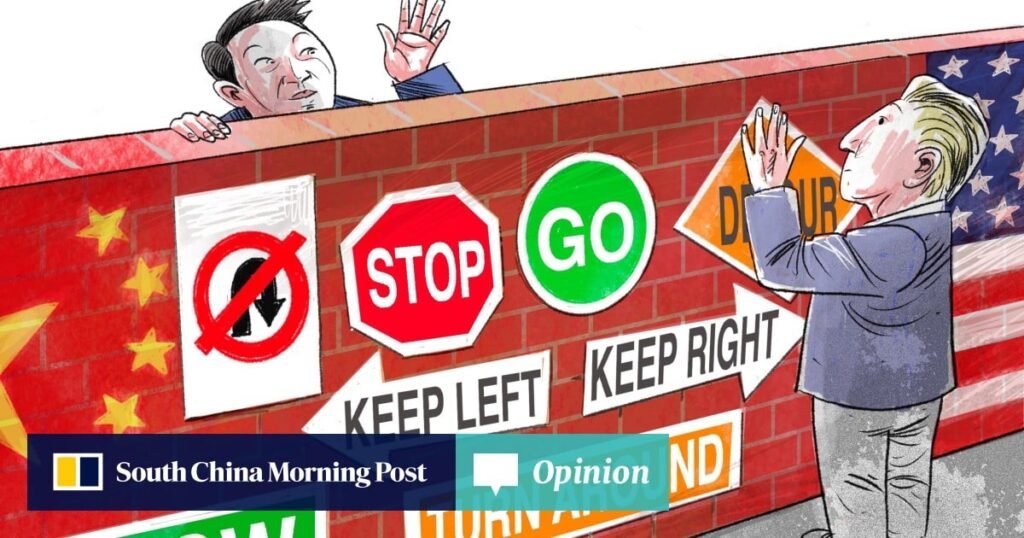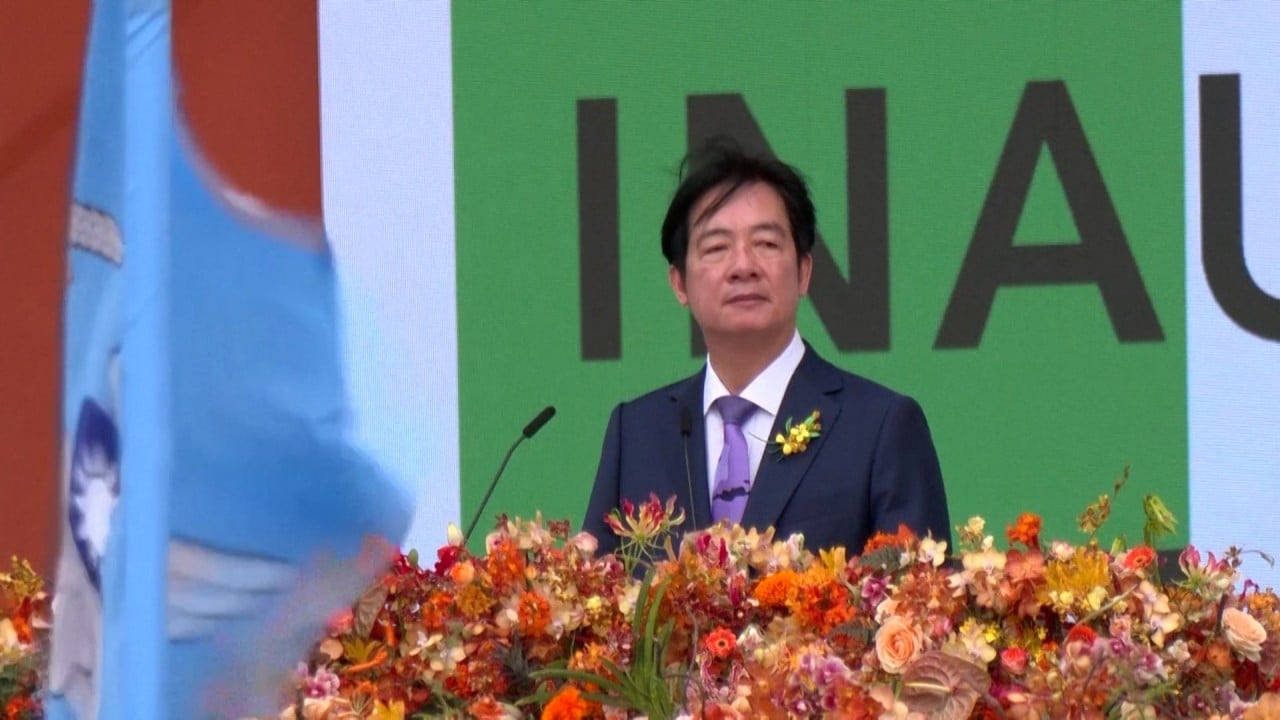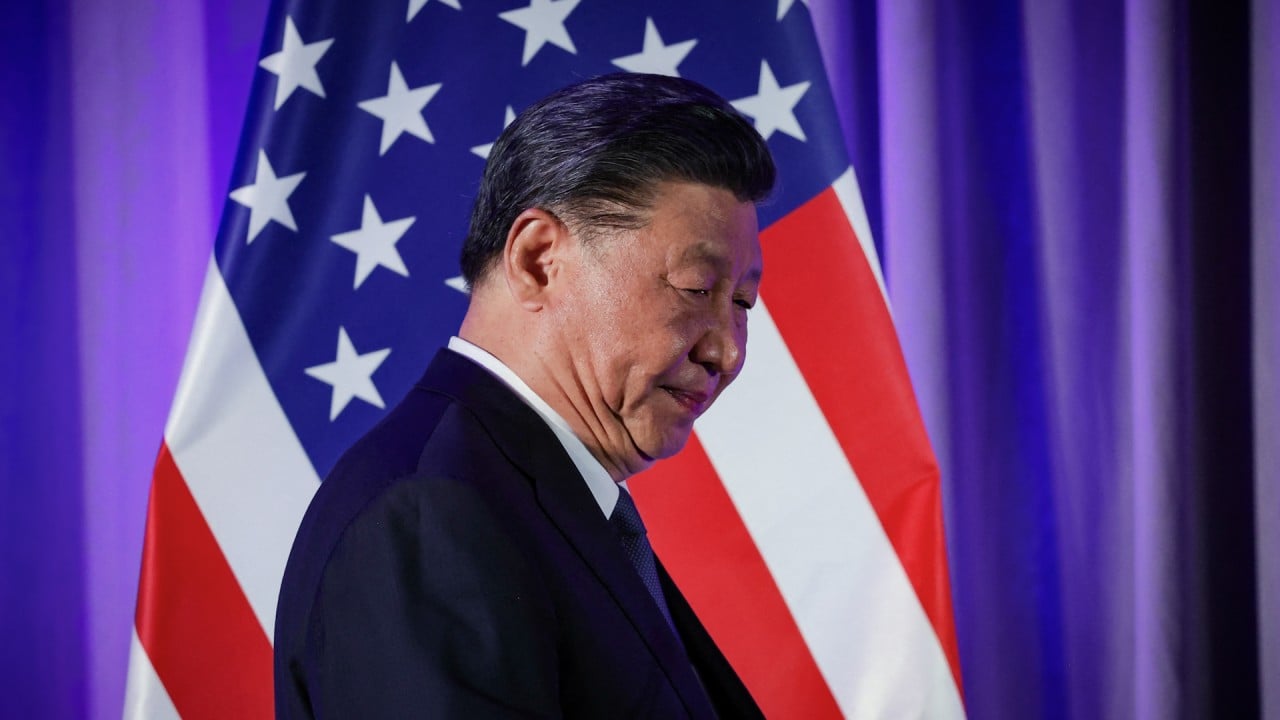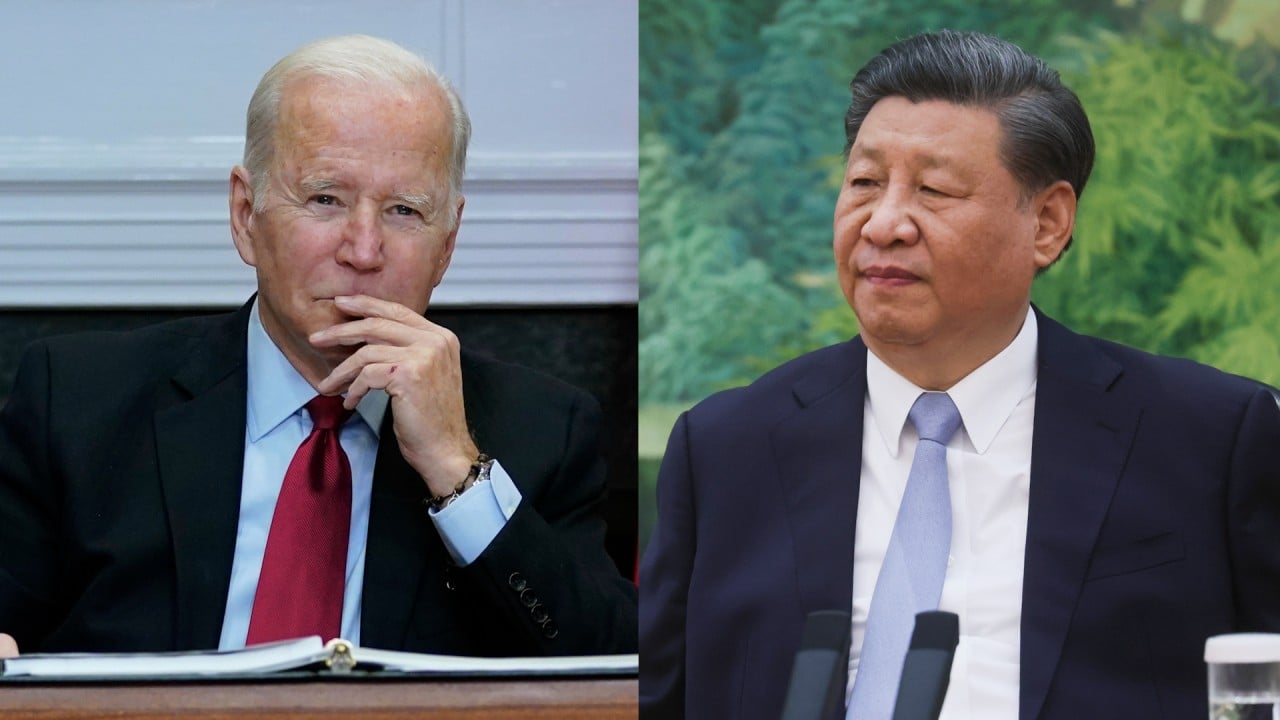However, there are some significant contradictions in China’s recent diplomatic efforts.
Some of these mixed messages may be a product of the decentralization of China’s political system, what sinologists call “fragmented authoritarianism.” We often assume that everything that happens in China is the will of President Xi Jinping, but in reality local and central government actors, and various ministries and agencies, all compete to influence policy outcomes in murky and confusing ways.
This is particularly true in the area of security, where local authorities and police are tasked with maintaining stability and often given considerable discretion in dealing with dissidents, protesters, civil society groups, foreigners, and other perceived troublemakers.
At the moment, China’s foreign ministry, the equivalent of the US State Department, appears to be working to repair connections between its peoples and ease the concerns of foreigners, but its security agencies may be hindering its efforts. Sometimes, conflicting messages are being conveyed, but that is actually different parts of the Chinese system speaking.
Beijing should also work to curb public anti-American sentiment, lift sanctions on U.S. officials, and formally or informally invite blacklisted scholars. Instead of branding Taiwan’s leaders as “disgraceful traitors,” Beijing could resume normal diplomatic communications and invite Lai to meet without the usual preconditions.
On the US side, the Biden administration needs to be more aware of its own contradictory messages. To avoid accusations of being “soft” on China, Biden has adopted a decidedly unfriendly attitude. US diplomatic efforts seem to be focused on conveying dissatisfaction and issuing stern warnings to the Chinese government.
It is unclear what U.S. officials are offering China, or whether China is actually pursuing a different course than it appears to be. There appears to be no carrot to counterbalance the stick. Chinese officials must be wondering what exactly they stand to gain from this relationship. Outside of high-level diplomatic meetings, the Biden administration has done little to re-establish people-to-people exchanges with China, one of the few areas where both sides clearly benefit.
In a speech in San Francisco last year, Xi Jinping emphasized the familiar themes of peace, development and mutual prosperity, going much further than President Joe Biden in this regard. “The ultimate aspirations of the two peoples for exchanges and cooperation remain unchanged,” he concluded. [ …] Let us unite the Chinese and American peoples into a powerful force, renew Sino-US friendship, advance Sino-US relations, and make even greater contributions to world peace and development!”
These are nice words, but to be taken seriously they need to be backed up by more meaningful actions.
Rory Truex is an associate professor of political science and international relations at Princeton University. His research and teaching focuses on Chinese politics.




